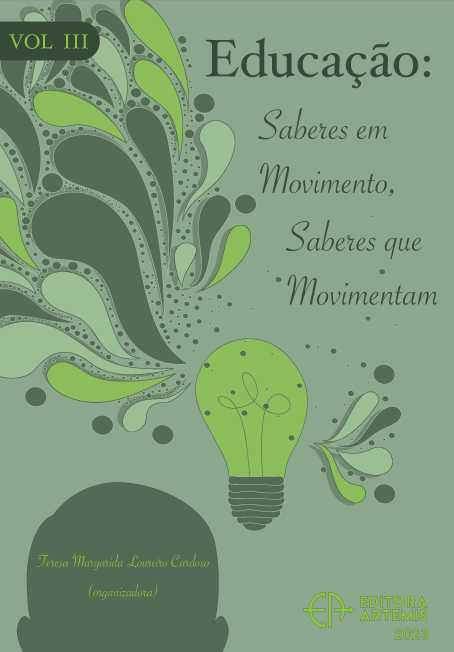
DOING MULTICULTURAL EDUCATION IN TIMES OF TROUBLE: A CASE OF PBL IN BILINGUAL ARAB-JEWISH SCHOOL IN ISRAEL
Israeli society, like many contemporary societies, consists of various cultures and sub-cultures. This diversity finds expression in Israel's education system, albeit through segregation, since the system is divided into culturally-based educational sectors, most prominently among Jews and Arabs. This segregation strengthens mutual cultural alienation rather than intercultural dialogue. Against this tendency, a few bilingual-bicultural Arab-Jewish schools have been established in Israel, one of which is situated in Beer-Sheva, a city in the southern region of Israel, whose demographic consists predominantly of Bedouins-Arabs and Jews. The bilingual school in Beer-Sheva was built on multicultural and intercultural principles. The school’s underlying pedagogical assumption is that there should be a connection between the school's educational agenda and the forms of teaching that it deploys. Thus, in order to advance social transformation in the spirit of multiculturalism and interculturalism, a pedagogical approach that fosters students' activism, initiative, critical thinking and collaborative abilities needs to be adopted. Such an approach can be found in PBL (project-based learning), a proactive, student-centered, group-oriented and practice-oriented teaching method. Therefore, in this article we explore a case study of a 4-months PBL initiative that took place in Beer-Sheva’s bilingual Arab-Jewish school. Through a rich and thick description, we expose the different layers of the case and provide a holistic picture of it, arguing that the study’s findings affirm the positive connection between PBL and a multicultural agenda. Based on these findings, we offer some guidelines for the implementation of PBL in the context of multicultural and intercultural education.
DOING MULTICULTURAL EDUCATION IN TIMES OF TROUBLE: A CASE OF PBL IN BILINGUAL ARAB-JEWISH SCHOOL IN ISRAEL
-
DOI: 10.37572/EdArt_28022377410
-
Palavras-chave: Multiculturalism. Education. Bilingual schools. Project-based learning (PBL). Israel.
-
Keywords: Multiculturalism. Education. Bilingual schools. Project-based learning (PBL). Israel.
-
Abstract:
Israeli society, like many contemporary societies, consists of various cultures and sub-cultures. This diversity finds expression in Israel's education system, albeit through segregation, since the system is divided into culturally-based educational sectors, most prominently among Jews and Arabs. This segregation strengthens mutual cultural alienation rather than intercultural dialogue. Against this tendency, a few bilingual-bicultural Arab-Jewish schools have been established in Israel, one of which is situated in Beer-Sheva, a city in the southern region of Israel, whose demographic consists predominantly of Bedouins-Arabs and Jews. The bilingual school in Beer-Sheva was built on multicultural and intercultural principles. The school’s underlying pedagogical assumption is that there should be a connection between the school's educational agenda and the forms of teaching that it deploys. Thus, in order to advance social transformation in the spirit of multiculturalism and interculturalism, a pedagogical approach that fosters students' activism, initiative, critical thinking and collaborative abilities needs to be adopted. Such an approach can be found in PBL (project-based learning), a proactive, student-centered, group-oriented and practice-oriented teaching method. Therefore, in this article we explore a case study of a 4-months PBL initiative that took place in Beer-Sheva’s bilingual Arab-Jewish school. Through a rich and thick description, we expose the different layers of the case and provide a holistic picture of it, arguing that the study’s findings affirm the positive connection between PBL and a multicultural agenda. Based on these findings, we offer some guidelines for the implementation of PBL in the context of multicultural and intercultural education.
-
Número de páginas: 13
- Raz Shpeizer
- Orit Freiberg

